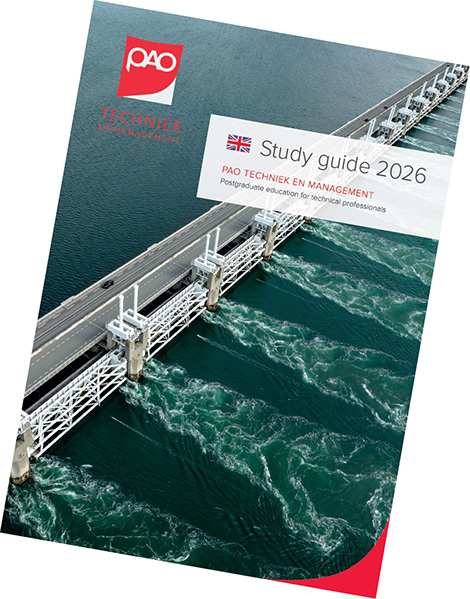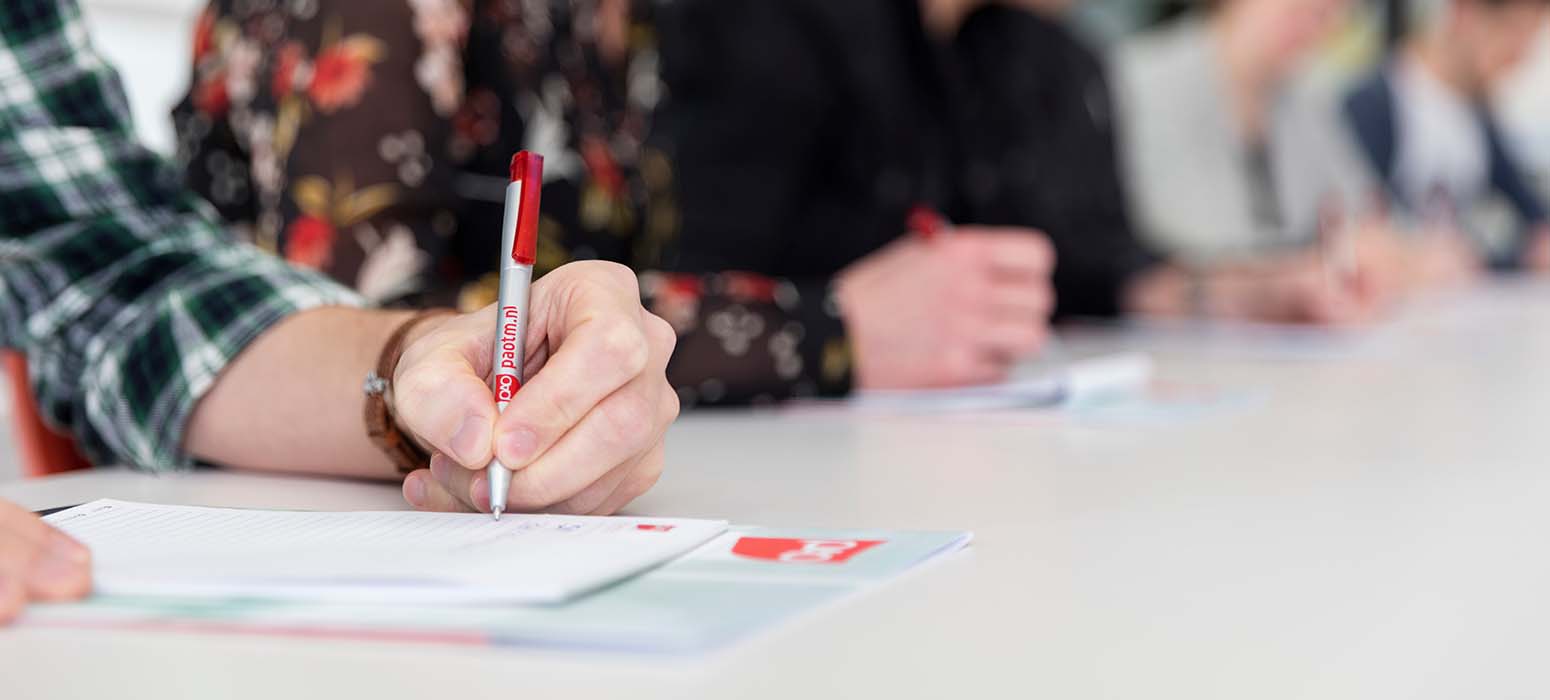Chemical Engineering - Extraction
This course covers raffinate and extract layers, equilibrium extraction processes, flood rates and extraction columns.

Insight into and calculation of separation techniques
A solvent can be used to extract a component from a liquid mixture when the ternary phase diagram has a L-L-phase split. The spent solvent is often recovered (usually by distillation) and reused in the extraction process. Solvent selection is mainly based on selectivity and capacity.
The advantages of extraction are the possibility of low temperatures to protect unstable molecules. This makes the processes to be energy efficient and gives the opportunity to separate components with azeotropes or low relative volatilities. The weaknesses of extraction are that some equipment can be very complicated and/or expensive and the complexity of the mass-separating agent: recovery, recycle, storage. This makes it more difficult to model and scale-up than distillation.
Extraction usually involves the transfer of a desired product from one undesired mixture into another undesired mixture. This means that it requires downstream solvent and product recovery steps. The solvents may be flammable, toxic and expensive.
Get started with separation techniques
Goals:
- Explain principles of liquid-liquid extraction and its application
- List some reasons to choose liquid–liquid extraction over other separation techniques like distillation
- Distinguish between the raffinate and extract layers
- Solve general transport equation and driving forces
- Calculate the amounts and compositions in both phases of a single-stage equilibrium extraction process using the lever-arm rule
- Choose equipment for liquid-liquid extraction
- Calculate flooding velocities for packed towers
- Explain mass transfer in mixers and columns
- Determine the size of multicompartment extraction columns
During the course we will look at conceptual design of extractors involving the selection of solvent and calculating the number of theoretical stages by making use of different tools: McCabe-Thiele (graphical), Kremser (analytical), S-factor method (stage-by-stage), Hunter-Nash (graphical). Based on the result of this conceptual design the equipment is selected and the final design is performed.
After the course you are able to:
- Make a design for an extraction process for temperature sensitive and reactive components, close boiling / melting points, removal of trace components (high cost of boiling), high boiling point products in water (phosphoric acid from water), azeotropes.
- Make an ideal solvent selection with the next properties: high selectivity for the solute, high capacity to dissolver solute, minimum solubility in the carrier, different volatility than solute, stable, inert, low viscosity, non toxic / non flammable, available, moderate interfacial tension, large density difference with carrier, appropriate wetting properties.
Intended for
The course is meant for engineers, technologists, designers with a chemical, process, technological or mechanical background on bachelor or master level.
Within the program you can take six other courses. View them all on the page Chemical Engineering.
Course leader

drs. ir. Johan Krop
PAOTM is rated with an average of
Program manager
Why PAOTM
-
The latest post-academic knowledge and skills
-
Focused on questions that arise in a technical environment
-
Interactive and directly applicable in practice
-
Top teachers from science, research and business
Frequently asked questions
Program
The program will follow soon.
- Registration
- Opening
- Theory & introduction Extraction
- Break
- Fluid-Fluid & Fluid-Solid Extraction
- Lunch
- Gas-Fluid & Gas-Solid Extraction
- Break
- Membrane Extractions
- Wrap up & course evaluation
Course leader

drs. ir. Johan Krop
PAOTM is rated with an average of
Frequently asked questions
Dates and locations
Below you will find an overview of the available dates and locations. You can register immediately by clicking on the 'Register' button.
Investment
- Price excludes 21% VAT
- Including coffee, tea, lunches and (digital) course material
Frequently asked questions
In-company
Are several employees interested in the same course, do you want to enrich knowledge with the entire team or focus on your own practice? Then an in-company course could be interesting. We are happy to think along with you about the possibilities. PAOTM has extensive experience in organizing in-company courses in many technical fields for a wide range of companies. You can choose to have an existing course organized in-company for multiple employees. However, if you have a specific organizational or departmental issue, we can also design a unique course. For every customized request, we search our network at universities, knowledge institutes and the business community for the right teachers who can provide your team with the desired knowledge. We then put together a course based on your training needs, learning needs and organizational goals.
Curious about the possibilities? Contact one of our program managers or complete the form below. We are happy to make you a suitable offer.
FAQ's
In-company request
"*" geeft vereiste velden aan
Program manager
In-company courses of PAOTM are rated with an average of
Why In-company
-
A course tailored to your specific needs
-
Get started right away with your own cases
-
Led by top teachers with the most up-to-date knowledge
-
You choose where and when: always efficient
-
The entire team trained simultaneously
-
Customization possible in all our fields
Download the Study Guide
Would you like a complete overview of all our courses and trainings? Download the digital study guide!


No start date available
No start date has been planned yet. Don't worry, you can register on our interest list. We will inform you immediately as soon as a new date is planned.
Our corporate partners
Subscribe for the newsletter
In our monthly newsletter we inform you by e-mail about courses, trainings, news and developments in the various fields of PAOTM. Select the topics of your interest!
Download the Study Guide
In addition to the course offerings, the Study Guide also contains the themes that we will further develop next year. Would you like a complete overview of our courses and training in your field(s)? Request the Study Guide and receive it digitally.










